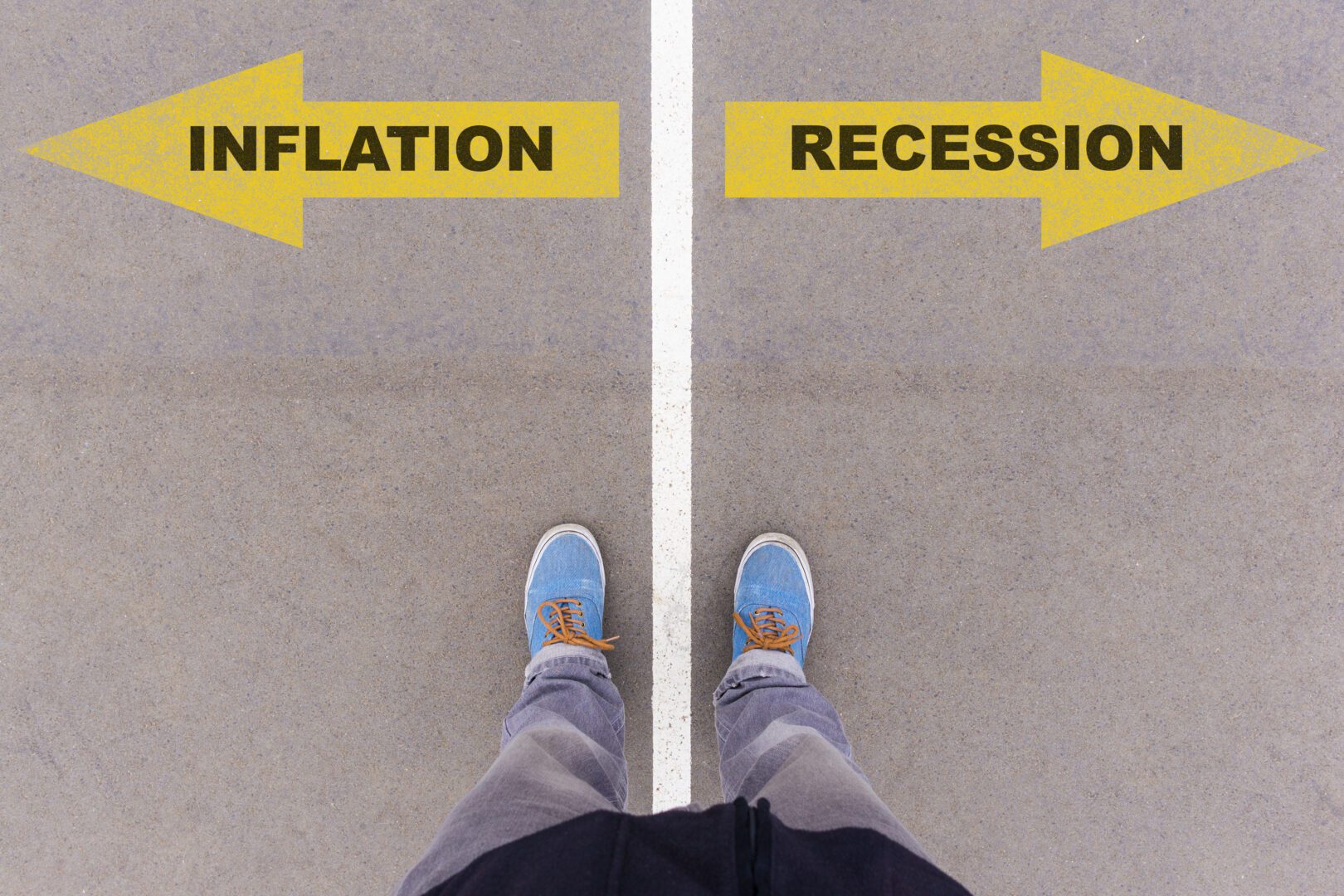 View Winners →
View Winners → 
After months of uncertainty that hinged on federal decision-making on interest rates, the U.S. economy appears to have dodged the possibility of slipping into recession, although there are still future potential risks to the financial outlook, according to a UCLA economic forecast released Wednesday.
“The oft-predicted but never seen ‘recession next quarter’ has now faded into the face of expansionary fiscal policy, a new national industrial policy and a consumer who is happy to continue spending,” Jerry Nickelsburg, director of the UCLA Anderson Forecast, wrote in a quarterly report on nation’s economy. “Nevertheless, the impact of higher interest rates will be felt in restraining growth in 2024.
“As the Fed turns its attention away from aggressive interest rate increases and inflation slowly works its way back to under 3% annum, we expect Fed policy to take a neutral stance and economic growth to rebound to trend rates.”
Nickelsburg noted, however, a series of questions that could pose a risk to the economic outlook, such as the possibility of a government shutdown, “geopolitical events” that could upset economic growth and a possible shift in economic policies following the next presidential election.
“These risks are substantial and bear watching as they could well drive the economy off its current growth path,” he wrote.
Nickelsburg noted that previous Anderson forecasts have suggested a 50-50 chance of recession due to the uncertainties surrounding the impact of rising interest rates. Given those uncertainties, recent forecasts have explored two possibilities — recession and no-recession scenarios.
“After three quarters of two forecast scenarios, we have concluded that if rates were going to generate a recession, they would have done that in one of the past quarters that others have called a recession,” he wrote.
With the national picture shifting solely to a “no-recession” scenario, the UCLA forecast predicted that the California economy will “once again grow faster than the U.S.”
The report predicted the unemployment rates for 2023, 2024 and 2025 will average 4.5%, 4.7% and 4.6%, respectively, with total employment growth in those years estimated at 0.7%, 1% and 1.8%. It also foresees a rebound in the housing market, but not in housing affordability.
“Despite the higher interest rates, the continued demand for a limited housing stock coupled with state policies inducing new homebuilding should result in the beginning of a recovery this year followed by solid growth in new home production thereafter,” Nickelsburg wrote in the California economic report.
“Our expectation is for 120K net new units to be permitted in 2023 and permitted new units to grow to 144K in 2025,” he wrote. “Needless to say, this level of home building means that the prospect of the private sector building out of the housing affordability problem over the next three years is nil.”







































































































